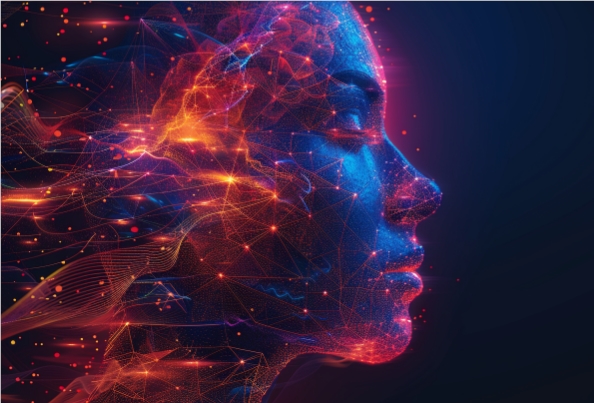OpenAI recently launched its video generation model Sora, but the training data for this model may contain a lot of copyrighted game content, raising concerns about legal issues. Sora can generate videos of up to 20 seconds in length based on user text prompts or images, supporting various aspect ratios and resolutions.
At the time of its release, OpenAI mentioned that Sora's training data included Minecraft videos, sparking curiosity about other potential game content that may have been used.

In practical tests, Sora was able to generate videos resembling several well-known games, including a clone that looked like Super Mario Bros, first-person shooters inspired by Call of Duty and Counter-Strike, as well as segments similar to the 90s Ninja Turtles arcade fighting games. Additionally, Sora seems to have mastered the style of Twitch streaming, generating characters similar to popular streamers Auronplay and Pokimane.

However, OpenAI has not detailed the sources of data used by Sora. While OpenAI stated that it used "publicly available" data and obtained licensed data from stock media libraries like Shutterstock, this does not eliminate legal risks. Intellectual property lawyer Joshua Weigensberg pointed out that if Sora's training data indeed includes real gameplay videos, it likely involves the reproduction of copyrighted materials.
AI generation models like Sora are based on probabilistic learning, identifying patterns through large datasets. However, this can also lead to outputs that closely resemble the training data, causing dissatisfaction among creators, and more individuals are starting to seek legal remedies.
The handling of game content is particularly complex because video playback involves not only the copyrights of game developers but also the unique videos created by players. If courts determine that copyright infringement occurred during the training of AI models, developers could face greater legal risks.
Although AI companies may win some legal disputes, this does not mean that users of these models can be completely exempt from liability. Generated content may touch on multiple legal areas, including copyright, trademark rights, and portrait rights. Therefore, developers must exercise extra caution when training AI models.
Key Points:
🎮 OpenAI's newly launched video generation model Sora may have been trained on data containing game content, facing legal risks.
🧑⚖️ Intellectual property experts state that copyright issues related to game content are complex and involve multiple rights holders.
⚖️ The legal responsibilities for AI-generated content may affect not only developers but also ordinary users.








